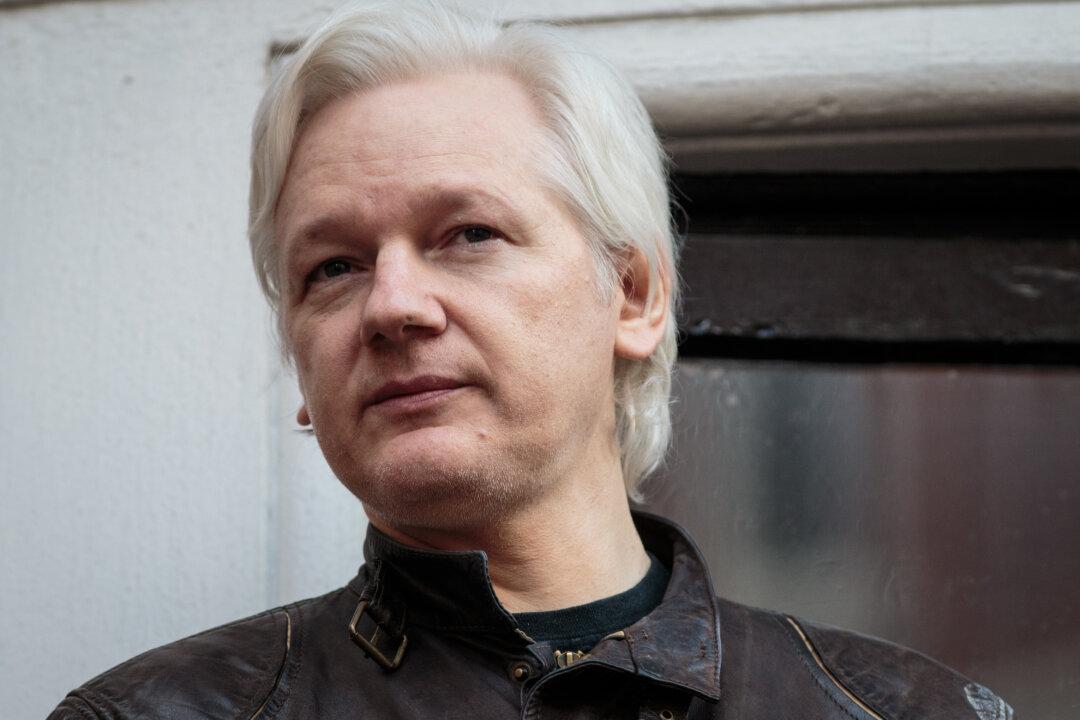A court in the United Kingdom on Monday ruled that WikiLeaks founder Julian Assange can appeal his ordered extradition to the United States.
Assange, 50, is accused by American authorities of helping a former intelligence analyst obtain classified information before publishing the information on WikiLeaks for anybody to access, a series of actions U.S. prosecutors say endangered national security and the lives of sources who were named in the documents.





